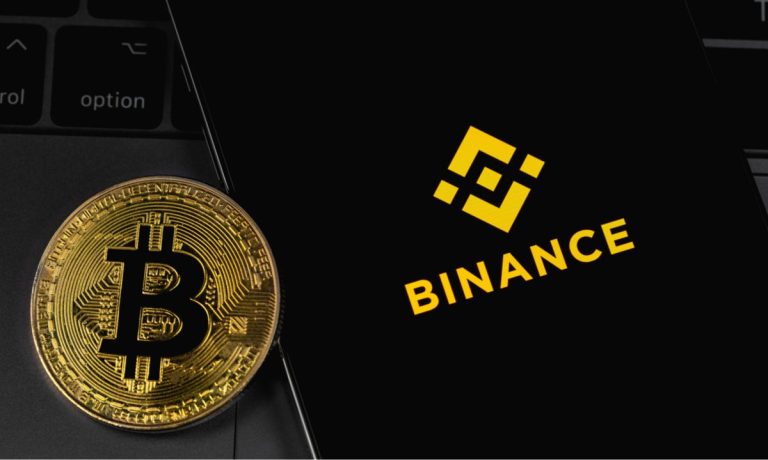Binance Crypto Exchange Faces Growing Industry Headwinds

Efforts to restore public trust in the Binance crypto exchange are proving to be challenging.
This, as ongoing industry headwinds continue to blow and new developments surrounding audit practices come into play.
By all accounts, it has not been an easy week for the embattled exchange, which has seen billions of dollars of customer outflows, as well as word Friday (Dec. 16) that Mazars, the firm hired by the platform, is ceasing all future crypto accounting operations as a result of the public pushback and criticism it received from its work reporting on Binance’s finances.
That now-infamous proof of reserve report, which was previously made public by Mazars, is no longer available on the firm’s website.
“Blockchains are public, permanent records,” tweeted Binance founder and CEO Changpeng Zhao (CZ), presumably in response to the news. “It’s the most auditable ledger.”
Blockchains are public, permanent records. It’s the most auditable ledger.
— CZ 🔶 Binance (@cz_binance) December 16, 2022
During a Wednesday (Dec. 14) Senate Banking Committee hearing, both Shark Tank investor Kevin O’Leary and Sen. Elizabeth Warren also questioned the legitimacy of the privately run crypto exchange.
The collapse of FTX, which Binance played a key hand in, and almost helped avoid, was initially expected to be good news, at least strategically, for the world’s largest digital asset platform by trading volume.
In reality, the expected opportunity void created by FTX’s 48-hour implosion never materialized, nor has the concentration of power across the current cryptocurrency landscape.
Instead of Binance being left as the clear industry leader, ahead of smaller rivals like Coinbase and Kraken, the broader crypto market has been playing non-stop defense for more than a month.
By comparison, while Coinbase’s status as a public company with standard financials has given it a reputational boost, its daily trading volume above $1 billion remains a fraction of what Binance processes on a typical day.
Market Meltdown
When asked during a CNBC interview Thursday (Dec. 15) whether he planned to undertake a large-scale audit of his platform, Zhao deflected, saying “many [accounting firms] don’t even know how to audit crypto exchanges.”
Despite this assertion, industry insiders were quick to point out that Coinbase regularly submits its financials for audit by big-four accounting firm Deloitte, while CoinShares, another public company, engages Grant Thornton for its annual financial reviews.
“[W]e believe it is our duty to maintain the highest standards of security and risk management,” Coinbase said in a public release.
Even so, Coinbase is not immune to the industry’s turbulence and has endured new trading lows in its stocks this month after it went public last year with a valuation of around $100 billion, its share price going from a peak of $340 to around $35 recently.
Beyond the stock market, the Coinbase itself lost half a billion dollars, and half a million customers, in the third quarter of 2022. In June, the exchange laid off 18% of its workforce, and it let go further dozens just last month.
Believe You Me
Despite the undeniable carnage the industry has faced this month and this year, Binance’s CEO says his company is doing fine.
Binance did not immediately reply to a request by PYMNTS for comment.
The generally private CZ has been uncharacteristically active on Twitter in recent weeks, repeatedly attempting to dampen public concerns.
Binance’s group of companies are privately held by CZ and do not have an independent board of directors.
Questions surrounding the company’s bookkeeping and financial controls have only grown post-FTX’s demise.
Binance’s U.S. operations have, since 2018, been under investigation for anti-money laundering (AML) infractions. The U.S. Department of Justice (DOJ) reportedly has held off on filing charges due to internal disagreements around whether strong enough evidence has been gathered, as well as lingering concerns that rushing a formal filing might, because of Binance’s sheer size, inadvertently destabilize the rest of the crypto ecosystem.
“If an exchange holds users’ assets as is, no amount of other people’s tweets will cause problems. Simple,” CZ tweeted, separately urging his followers to, “Ignore FUD. Keep building,” invoking the crypto shorthand for fear, uncertainty and doubt.
Ignore FUD. Keep building!
— CZ 🔶 Binance (@cz_binance) December 12, 2022
For all PYMNTS crypto coverage, subscribe to the daily Crypto Newsletter.